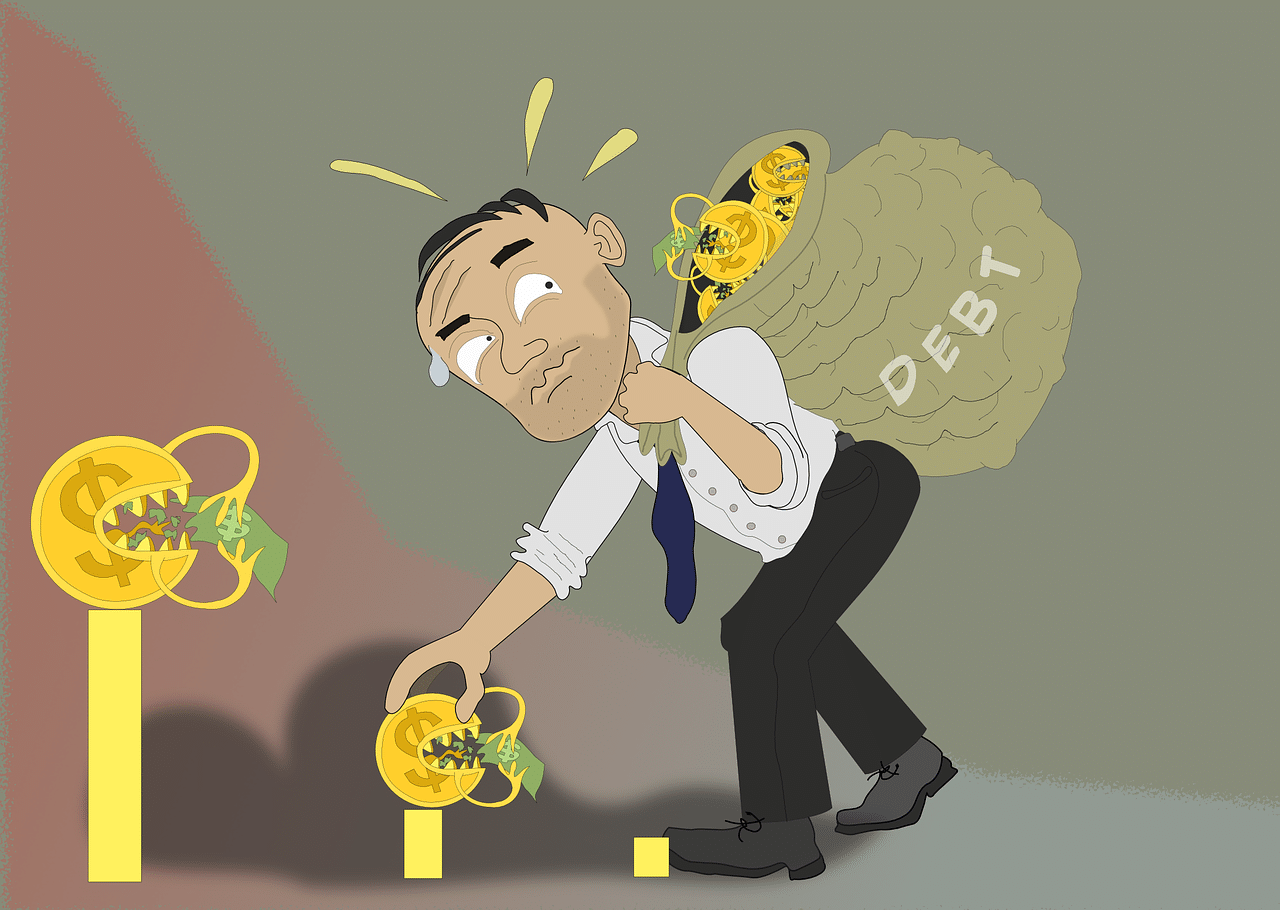How to successfully manage your debt recovery.
Debt recovery is the process of collecting payment from individuals or businesses that owe money. This can include unpaid loans, credit card balances, medical bills, or any other type of debt. Debt recovery can be done by the lender or creditor themselves, or they may hire a debt collection agency to handle the process for them.
The process of debt recovery typically begins with sending letters or making phone calls to the debtor in an effort to get them to pay the debt. If these initial attempts are not successful, the creditor may take more aggressive action, such as filing a lawsuit or garnishing the debtor’s wages. It is also possible that the creditor might decide to write-off the debt, meaning they accept they may not receive the money and they don’t expect the debt to be paid.
Managing debt recovery can be a difficult task. Debt recovery is a daunting task, but it doesn’t have to be. With the right strategy and mindset, you can successfully manage your debt and get back on track to financial stability. Here are some tips to help you navigate the debt recovery process:
- Understand your debt: The first step in managing your debt is understanding exactly what you owe and to whom. Make a list of all your creditors, the amount you owe, and the interest rate for each debt. This will give you a clear picture of your financial situation and help you prioritize which debts to pay off first.
- Create a budget: Once you know how much debt you have, create a budget to help you manage it. This will help you see where your money is going and where you can cut back on expenses.
- Prioritize your debts: Not all debts are created equal. It’s important to prioritize which debts to pay off first. Start with high-interest debts such as credit cards or personal loans. These types of debt have the highest interest rates and can quickly add up if left unpaid.
- Communicate with your creditors: If you’re struggling to make payments, don’t be afraid to reach out to your creditors. They may be willing to work with you to create a payment plan or reduce your interest rate. The worst thing you can do is ignore your creditors and hope the problem will go away.
- Consider consolidation: If you have multiple high-interest debts, you may want to consider consolidation. This means taking out one loan to pay off all your other debts. This can help simplify your payments and lower your interest rate.
- Be realistic: Debt recovery is a process that takes time and effort. It’s important to be realistic about how long it will take to get out of debt. It’s easy to get discouraged if you don’t see progress right away, but remember that small steps toward paying off your debt will eventually add up.
- Stay disciplined: Once you’ve put a plan in place to manage your debt, it’s important to stay disciplined and stick to it. This means continuing to make payments on time and sticking to your budget. It’s easy to slip up, but remember that discipline is key to successfully managing your debt.
- Get support: Managing debt can be stressful and overwhelming. Don’t be afraid to seek out support from a financial advisor or credit counselor. They can help you create a plan and provide guidance and support as you work through the debt recovery process.
Debt recovery is a process that takes time and effort, but with the right mindset and strategy, you can successfully manage your debt and get back on track to financial stability. Remember to understand your debt, create a budget, prioritize your debts, communicate with your creditors, consider consolidation, be realistic, stay disciplined, and seek out support. With these tips in mind, you can take control of your debt and start working towards a debt-free future.









